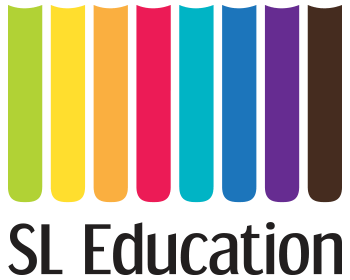
Home >
Training >
Professional Development >
Primary Courses >
Concept-Based Courses >
Elective Courses
Elective Courses
Primary Courses
Concept-Based Courses
Elective Courses
PMC1101: Transition from Early Childhood Numeracy to Primary Mathematics
PMC1102: Differentiated Instruction for Mixed Ability Learners
PMC1103: Enhancing Mathematical Thinking using Thinking Routines
PMC1104: Alternative Assessments
PMC1105: Teacher as a Reflective Practitioner through Lesson Study
Elective Courses
PMC1101: Transition from Early Childhood Numeracy to Primary Mathematics
There has been a keen interest for pre-school educators and parents to find out about education trends in Primary
Mathematics and address concerns about bridging children from Early Childhood Numeracy to Primary
Mathematics. This course aims to help participants understand core ideas in learning Numeracy, use learning
tasks to consolidate learning of basic concepts and develop mathematical thinking and understand the emphasis
in the Primary Mathematics Curriculum so as to better prepare children for the transition to formal learning in
primary schools.
PMC1102: Differentiated Instruction for Mixed Ability Learners
‘One size does not fit all’. Differentiated instruction is of paramount importance in a mixed ability classroom. This
course aims to help participants understand models of differentiated teaching and learning, use instructional
approaches and strategies to differentiate between process and product, and observe and assess the quality of
children’s thinking and learning so as to inform future instruction.
PMC1103: Enhancing Mathematical Thinking using Thinking Routines
Have you ever wondered what children think and learn in your lessons? A group of professors from Harvard
University advocated the use of thinking routines to make thinking visible. This course aims to help participants
understand the features of thinking routines, use different thinking routines to develop critical and creative
thinking as well as communication skills and explore how thinking routines can be used to create a thinking
culture in the classroom over a sustained period of time.
PMC1104: Alternative Assessments
Assessment is more than tests and scores. Are there other assessment tools which can provide accurate and useful
information about different aspects of students’ learning such as developing mathematical concepts, skills and
thinking, positive attitudes as well as problem-solving ability? This course aims to help participants understand
different types of assessment and their purposes (e.g. classroom observation and journal writing), design different
types of rubrics and provide quality feedback on students’ learning.
PMC1105: Teacher as a Reflective Practitioner through Lesson Study
Lesson study is a professional development activity which has originated and sustained in Japan for more than a
century. This form of collaborative and practice based professional learning allows teachers to grow in the most
authentic situations such as observing ‘live’ lessons, particularly children’s learning in real classrooms. This course
aims to help participants gain an overview of lesson study, understand the lesson study cycle and have a greater
insight into the benefits and challenges in implementing lesson study.

